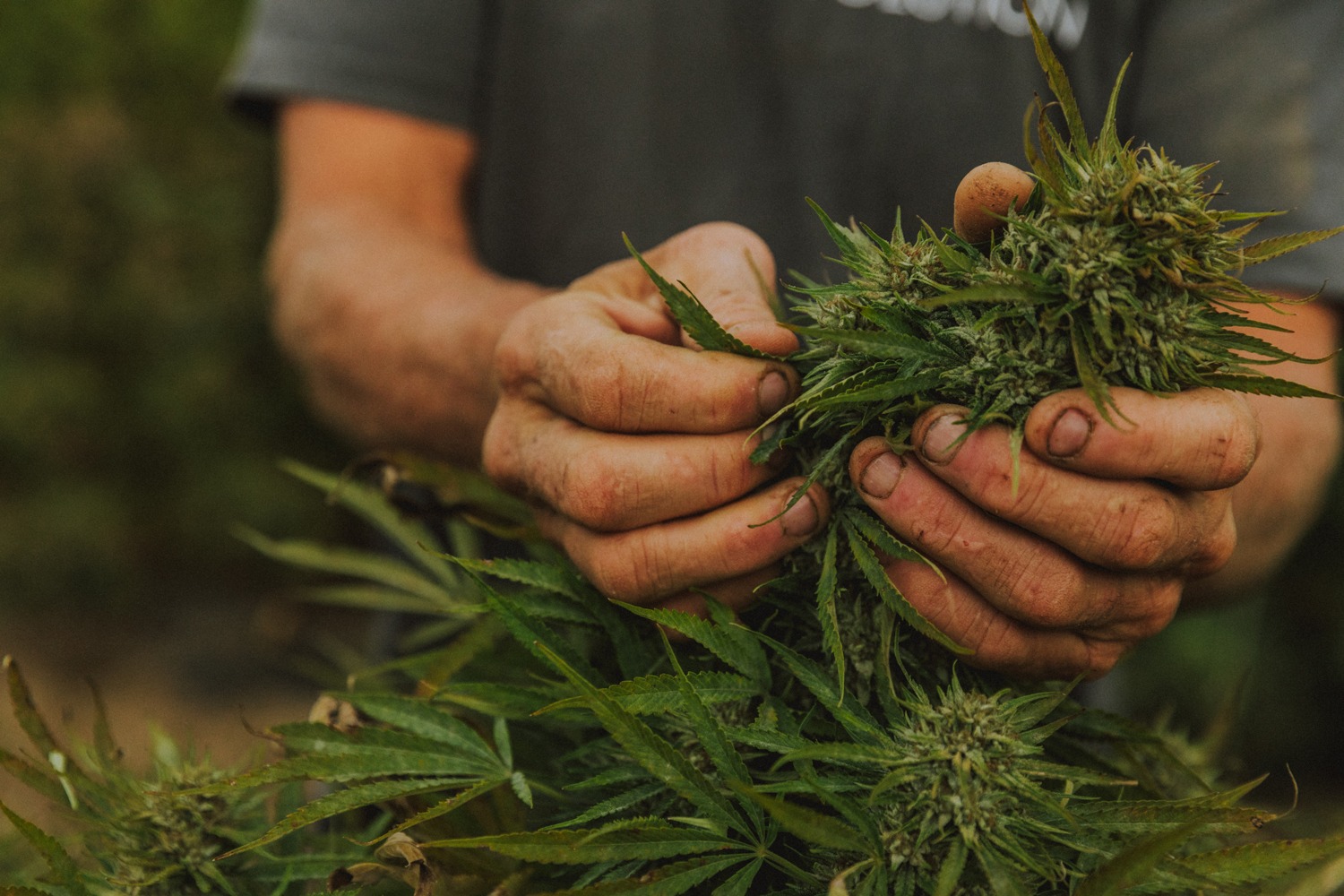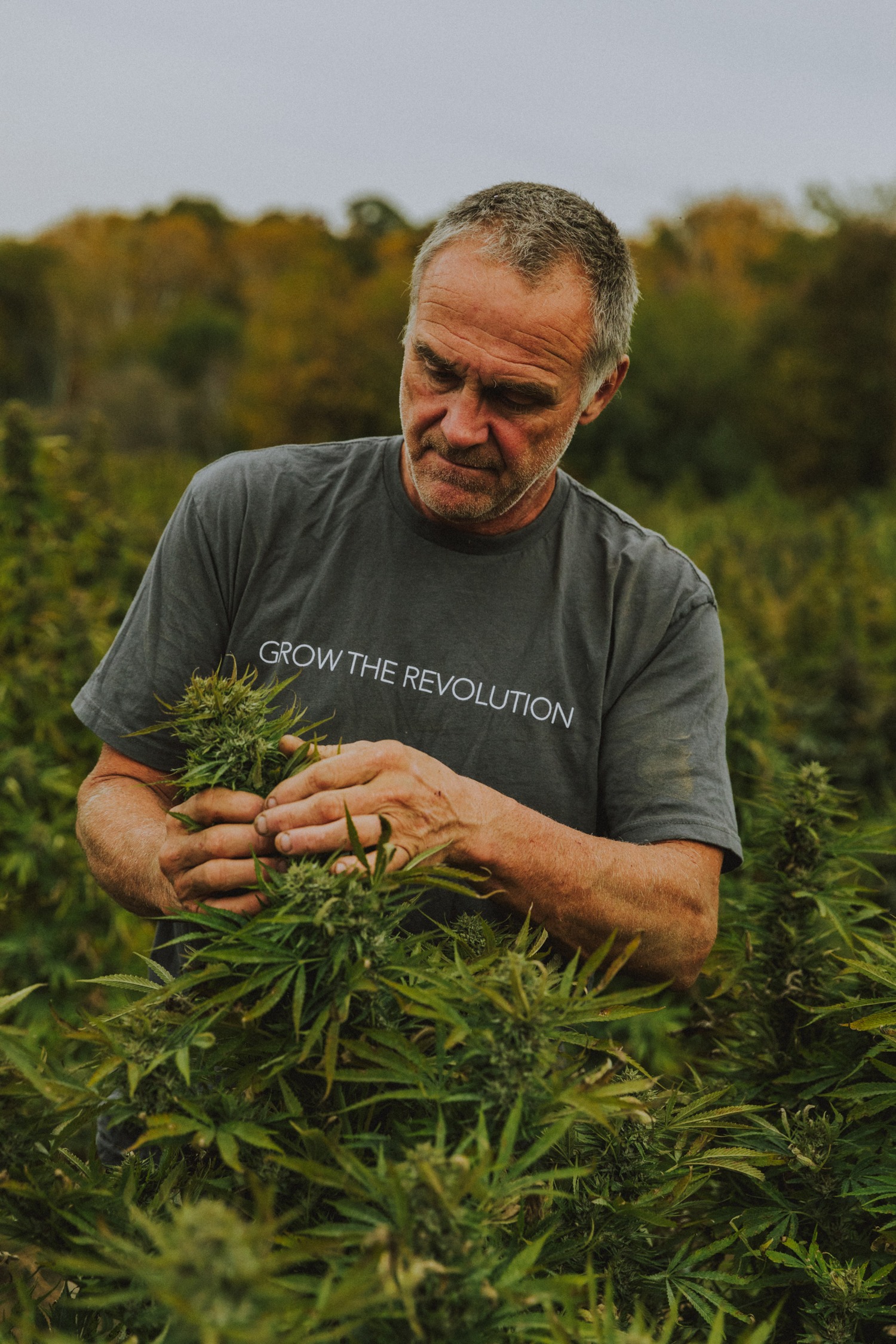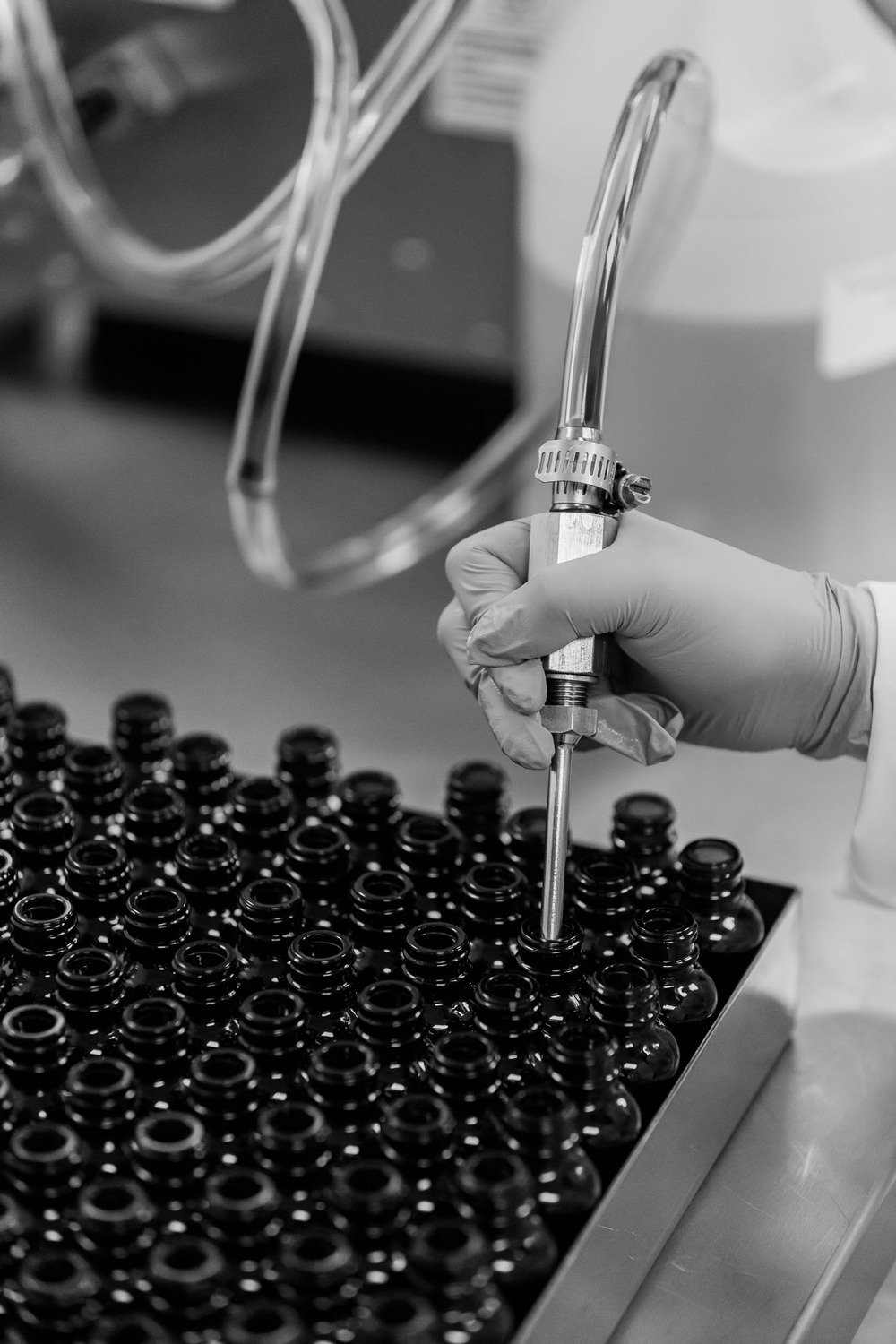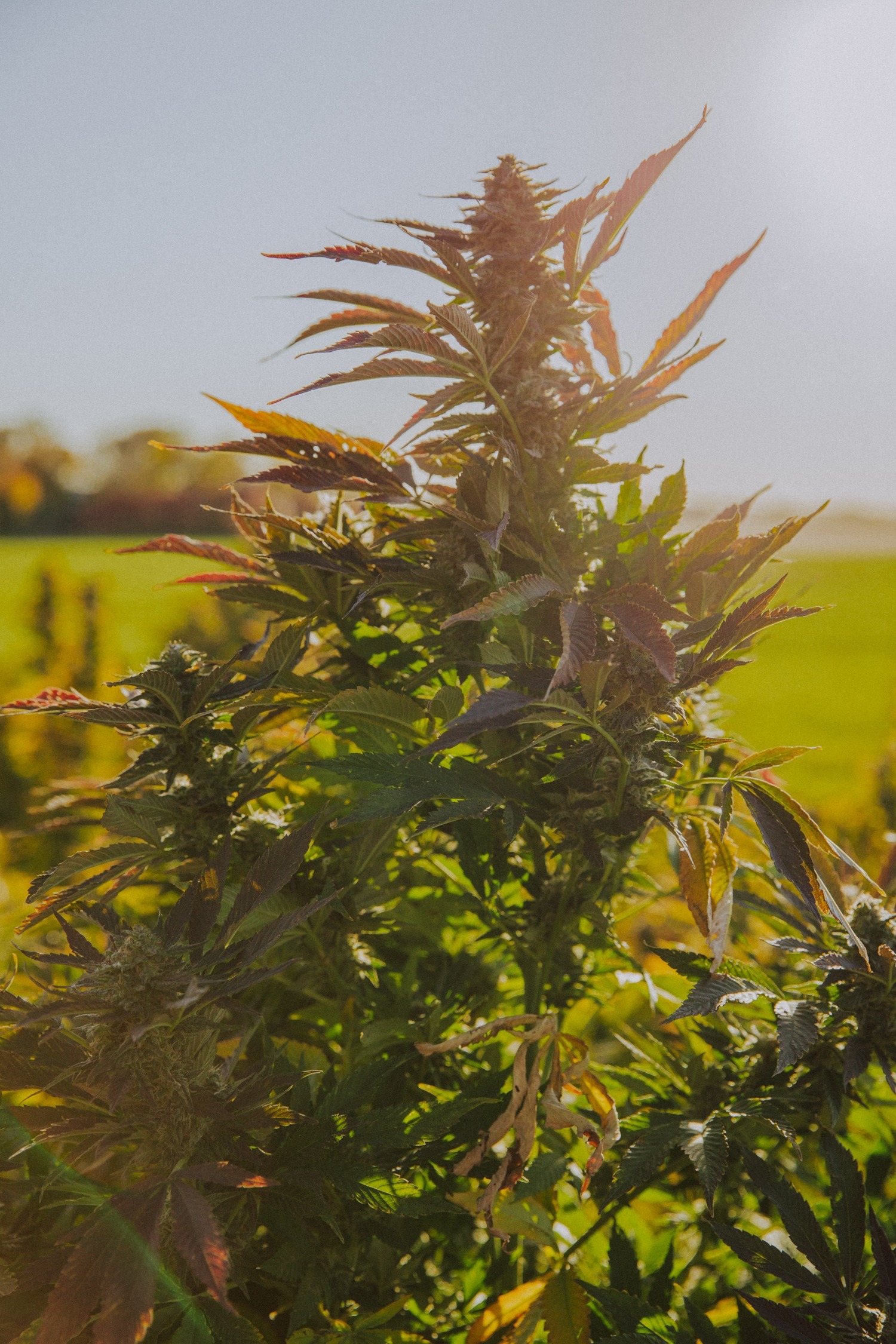
The Hidden Hemp Ban: What It Means for Minnesota’s Wellness Community, Small Businesses & the Future of Plant-Based Alternatives November 18, 2025
In the final hours of passing a federal bill to avoid a shutdown, Congress quietly inserted language that could radically reshape — or even eliminate — the hemp-derived THC and full-spectrum CBD industry as we know it.
For those of us in Minnesota, a state that has built one of the most thoughtful, transparent, and consumer-forward hemp markets in the country, the implications are enormous. This amendment goes far beyond curbing a loophole; it stands to remove products that millions of people rely on for sleep, stress support, pain management, and mindful, hangover-free social drinking. It threatens farmers, small businesses, and the well-being of a community that has embraced plant-based wellness as a safer alternative to alcohol and pharmaceuticals.
Before we talk about where we go from here, let’s break down what happened and why this matters.

What the new bill actually does
The amendment narrows the federal definition of hemp in ways that sweep up nearly every hemp-derived beverage, gummy, tincture, and full-spectrum CBD product on the market. By adding total THC to the calculation and imposing a per-container cap so low it excludes even non-intoxicating full-spectrum CBD oil, the bill effectively bans most ingestible hemp products. It also prohibits certain cannabinoids created outside the plant — including forms that are tested, safe, widely used, and responsibly manufactured in Minnesota.
Put simply, this isn’t tightening regulation–it’s shutting down a thriving industry.
Why this matters for real people
Hemp-derived beverages have offered Minnesotans something rare: a responsible, predictable, low-dose alternative to alcohol. A way to unwind without the hangover, calories, or long-term health effects. They’ve helped people reimagine socializing in a way that feels better — physically, mentally, and emotionally.
Similarly, full-spectrum CBD has become a lifeline for people navigating pain, inflammation, anxiety, chronic illness, autoimmune conditions, and long-term sleep issues. These are not intoxicating products; they’re wellness tools. Entire communities rely on them because they work.
Removing them doesn’t make those needs disappear. It just makes people’s lives harder.
And the impact goes far beyond consumers. Minnesota’s hemp farmers, beverage makers, formulators, designers, printers, distribution teams, and independent retailers — the heartbeat of this industry — now face an uncertain future. Over the past few years, our state has become a national leader in innovation, compliance, and consumer education. This bill threatens to erase that progress.

Why prohibition doesn’t protect consumers — and why regulation does
A central misconception driving this amendment is the idea that banning hemp-derived THC products will increase safety. But we already know prohibition doesn’t work: it doesn’t eliminate demand; it only eliminates safe supply.
In a regulated market — the kind Minnesota has worked hard to create — consumers know exactly what they’re getting. Products are tested, labeled, dosed consistently, packaged responsibly, and backed by verified data. People can scan QR codes for instant access to lab reports and cannabinoid breakdowns. They can trust what’s in the bottle or the gummy because the system we the people built requires transparency.
When these products disappear overnight, the demand for pain relief, stress management, or a mindful alternative to alcohol doesn’t go away. It simply moves into the shadows — where testing, manufacturing standards, dosage accuracy, and ingredient oversight do not exist. A regulated hemp marketplace gives people safe, predictable options. Prohibition takes those options away.
We also cannot ignore what happens when cannabinoids fall outside legal channels: criminalization resurfaces. And historically, enforcement does not fall evenly. Communities that have already borne the brunt of cannabis-related policing are often the first to experience the consequences of bans and inconsistencies in enforcement. Prohibition punishes consumers, small businesses, farmers, and marginalized communities alike. It has never delivered the safety it promises.
The hemp industry isn’t asking for a free pass. Responsible operators have been asking for thoughtful, consistent federal regulation for years — the kind that strengthens safety, preserves access, and supports small businesses. Regulation builds trust. Regulation protects consumers. Regulation creates stability for farmers and brands. Prohibition does the opposite.

Minnesota has been leading — not lagging — in consumer safety
Minnesota’s hemp beverage and CBD market has become a national model precisely because our businesses have embraced transparency and testing. Many brands here, BLNCD included, have invested in:
- GMP-compliant manufacturing
- Third-party testing for potency and contaminants
- Accurate labeling and dosing disclosures
- Responsible marketing and age-gating
- Child-resistant packaging
- Clear education around effects and serving sizes
These protections are possible only in a legal, regulated market — which this bill threatens to dismantle.

What happens next
The bill includes a one-year window before enforcement begins. That gives consumers, businesses, advocates, and lawmakers time to push for solutions that support safety without eliminating an entire industry.
Our hope and intention is to push for regulation that makes sense: federal testing standards, sensible THC caps, responsible packaging and labeling rules, and clear manufacturing guidelines. Rules that protect consumers and allow responsible businesses to continue doing what they do best.
Where BLNCD Stands
Business as usual.
Even with federal uncertainty, BLNCD is not slowing down. We will continue to manufacture, distribute, and support all of our customers throughout the next year and beyond. Our operations remain steady, and our commitment to safe, plant-based wellness hasn’t changed. New products, formulations, and ideas are still moving forward.
Our commitments remain clear:
- Providing access to safe, plant-based alternatives
- Supporting farmers and small businesses
- Advocating for thoughtful regulation — not prohibition
- Keeping consumers informed at every step
- Upholding transparency and testing across all our products
We’ll keep formulating responsibly, communicating openly, and building toward a future where wellness stays accessible, elevated, and rooted in integrity.
What you can do
Stay informed. Share this information. Support the Minnesota hemp businesses you care about. And speak with your elected officials about the importance of regulation — not prohibition — in protecting both consumers and the communities that rely on this industry.
We’ll continue to share the latest developments, opportunities for action, and resources for navigating this moment.
Together, we can push for a future where safety, access, and innovation are strengthened — not erased.